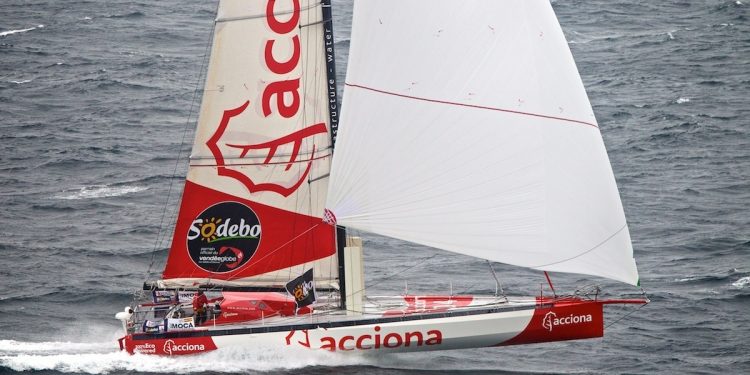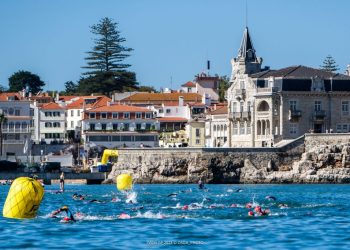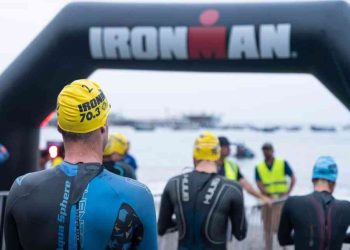The Vendée Globe, the unassisted solo round-the-world yacht race, has emerged not only as the ultimate endurance test in sailing but also as a pioneering platform for environmental stewardship. In preparation for its 2024 edition, organizers launched a robust sustainability strategy anchored in four pillars: anticipate, reduce, inspire, and leave a lasting positive legacy.
First, the race applied a prospective carbon footprint assessment in partnership with experts Carbone 4 and Toovalu. This innovative method has enabled the identification of key impact areas—ranging from the race village to the boats themselves—and allowed the organizers to define actionable reduction measures for the 2024 edition. A more comprehensive, real-world (Scope 3) carbon audit will follow to validate the methodology and measure its effectiveness.
To reduce environmental impacts, the Vendée Globe embedded environmental clauses into its public tenders, raising the bar for suppliers and service providers. The exhibitor charter for the 2024 race was also significantly strengthened. Additionally, the event village in Les Sables-d’Olonne introduced low-carbon transport options—such as strengthened TER (regional train) services, green-gas shuttles, hydrogen buses, electric sea shuttles, and shared bikes—encouraging spectators to choose more sustainable travel modes.
In the maritime domain, the IMOCA 60 boats are being guided toward reduced environmental footprints. The 2028 regulation will introduce a “Carbon Cap” limiting CO₂ emissions during boat construction. Meanwhile, for the 2024 race, 25 skippers voluntarily equipped their boats with oceanographic sensors—powered by solar and hydrogenerator systems—to collect critical data on sea temperatures and climate dynamics. While optional in 2024, this sensor deployment will become mandatory by 2028.
Through its vast audience, the Vendée Globe also seeks to inspire environmental awareness. The race expanded its “Vendée Globe Junior” educational program to reach children worldwide, offering content that fosters ocean literacy and conservation values.
Finally, the foundation of the Vendée Globe Foundation marks a commitment to building a positive legacy. This endowment fund channels financial support into marine conservation research, including three major projects: the “Share The Ocean” initiative, which designates biodiversity protection zones; the “Mission William” by Over the Swell, which studies whale shark migration to enhance protection; and a key partnership with UNESCO to coordinate oceanographic data collection with global science networks. From 2028 onward, all skippers will participate in this scientific data collection effort.
In summary, the Vendée Globe demonstrates how a high-profile sporting event can serve as a catalyst for environmental innovation. By measuring its carbon footprint, reducing its ecological impacts on land and sea, inspiring global audiences, and embedding a foundation for science and legacy, the Vendée Globe is setting a compelling example for ocean preservation and sustainable sports.



















